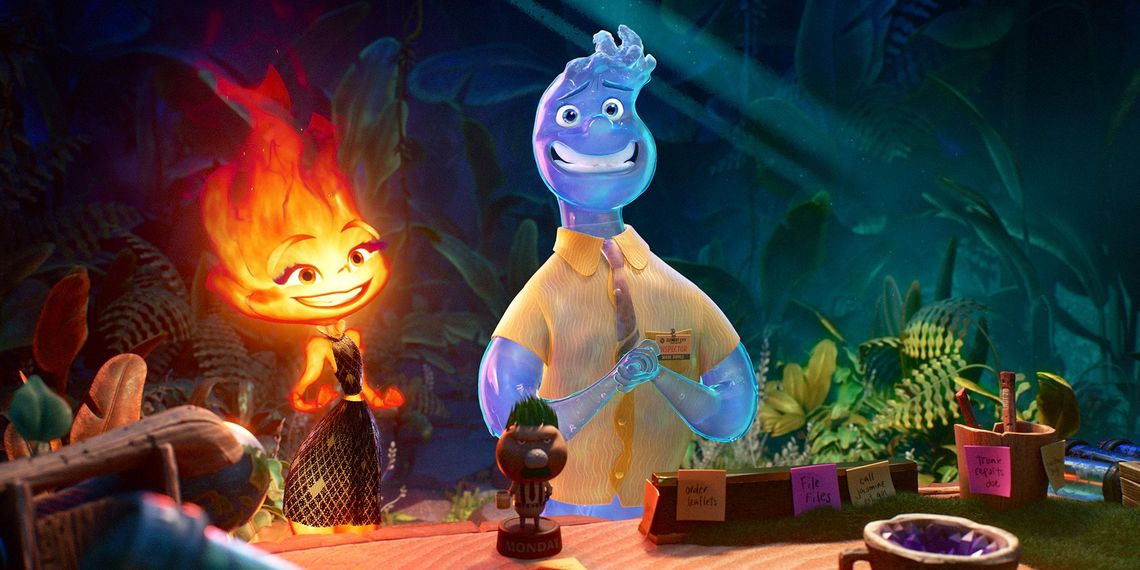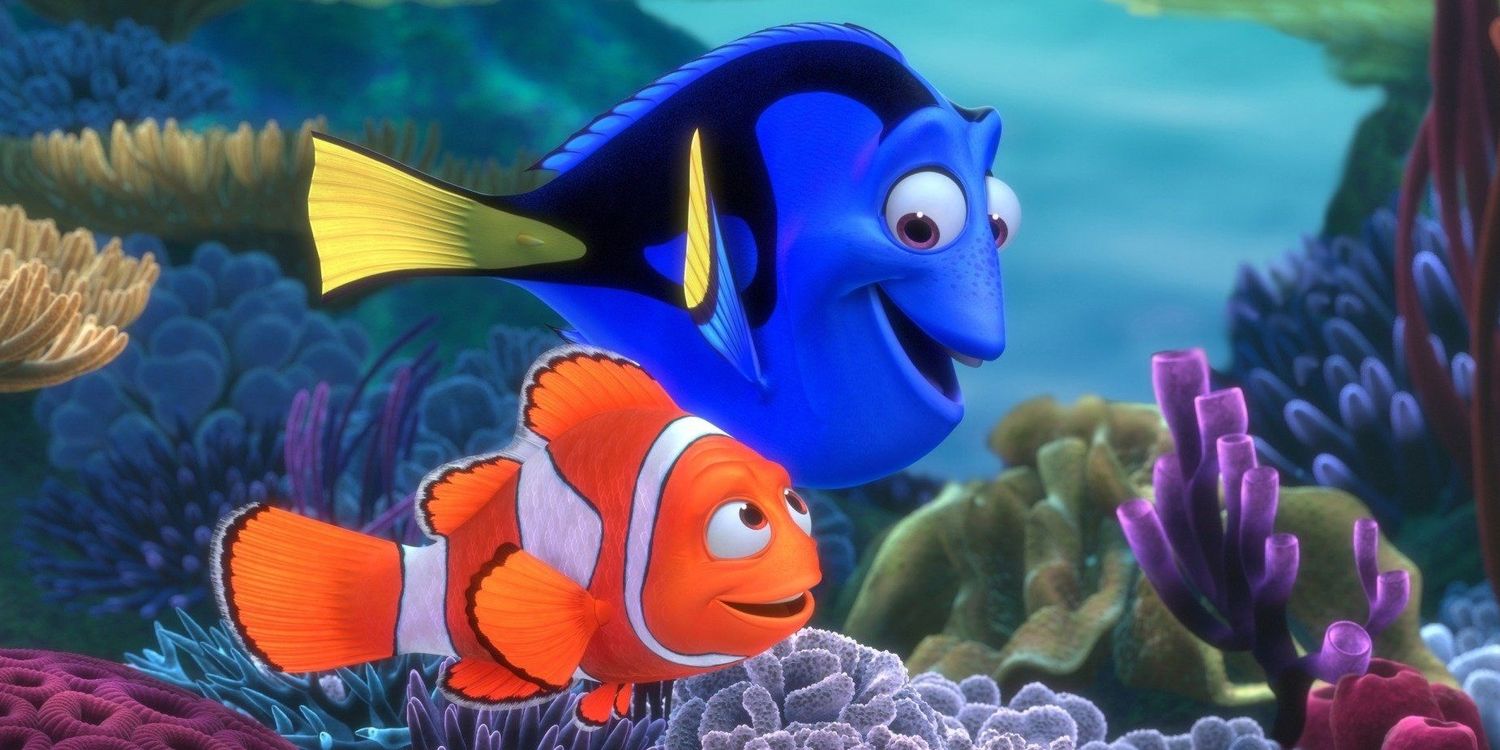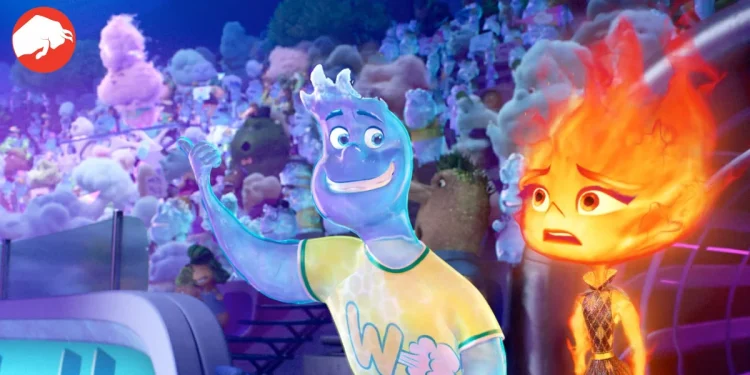The Elemental Effect: A Wake-Up Call for Pixar
Elemental, the latest offering from Pixar, has been a topic of hot debate. While it managed to recover from a sluggish box office start, the film has sparked conversations about the direction Pixar is taking with its storytelling. Pete Docter, the Chief Creative Officer at Pixar, recently sat down with The New York Times to discuss the studio’s future in the wake of Elemental’s mixed reception.
“I always felt that ‘Elemental’ would speak to a lot of people, and I’m so happy it has. But we have also taken another look at the projects we’re working on now. What are the kinds of films we want to be making? I really think I want to double down on what allowed us to speak to audiences to begin with,” Docter said.
The Elemental Conundrum: A Shift in Storytelling

Elemental was a departure from Pixar’s usual narrative style. The film introduced audiences to a world of element-folk—fire, water, earth, and air. While the concept was intriguing, it didn’t resonate as strongly as Pixar’s earlier works. The film faced early criticism for its loose storyline but managed to gain some traction after its theatrical release. Despite its eventual box office recovery, Elemental is still considered a weaker entry in Pixar’s illustrious catalog.
The Pixar We Miss: A Nostalgic Look Back
Pixar’s recent films like Elemental and Turning Red have ventured into new storytelling territories, but they’ve also strayed from the studio’s original formula. Remember the bug-based world of A Bug’s Life or the culinary adventures of a rat in Ratatouille? These films were easy to digest and appealed to a younger demographic, but they also tackled real-world issues in a way that resonated with audiences of all ages.
“What made Pixar great was not fantasy worlds but the simple, salient themes of real-world issues that can be appropriately translated for younger audiences to resonate,” says a long-time Pixar fan.

The Road Ahead: Pete Docter’s Plan for Pixar’s Future
Pete Docter, the man behind iconic Pixar films like Monsters, Inc., Up, and Inside Out, believes it’s time for the studio to return to its roots. His vision for Pixar’s future involves revisiting the kind of storytelling that made classics like Toy Story so memorable.
“I really think I want to double down on what allowed us to speak to audiences to begin with,” Docter reiterated.
A New Chapter or a Return to Form?
Pete Docter‘s recent comments suggest that Pixar is at a crossroads. The studio has experimented with its storytelling, but it seems like the time has come to refocus on what made it a household name. Whether this means a new chapter for Pixar or a return to its original form, one thing is clear: audiences are eager to see what the studio does next. With Docter at the helm, it’s likely that Pixar will find its way back to the storytelling magic that captured our hearts in the first place.









